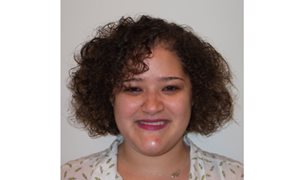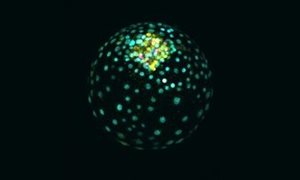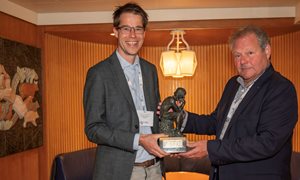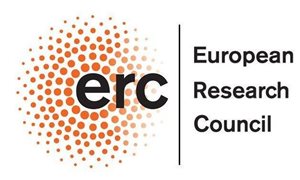 My name is Inge van Oort and I am Dutch. I am oncological urologist, Dept. of Urology, theme Urological cancers.
My name is Inge van Oort and I am Dutch. I am oncological urologist, Dept. of Urology, theme Urological cancers.
When you were a kid what did you want to be when you grew up? Can you tell us something about your child years.
As a child I wanted to be a pastry chef. I grew up in Groningen as the eldest of 3. My father was a dentist at the university hospital and my mother was a very active stay at home mom. I did gymnastics and trained up to 15 hours a week until sport injuries forced me to stop. After that I still was involved in lots of other sports. One of them being a statistician of the professional Basketballclub Donar in Groningen. School was okay, loved being around friends but had to workhard for my grades. Unfortunately I had to leave Groningen after my study but still visit this town frequently for family visits.
What was your previous academic training, where did you study and why that study?
I studied Medicine at the University of Groningen, and after that urology at the CWZ and Radboudumc in Nijmegen. I studied medicine because (real cheesy) I wanted to cure patients (and of course find “the” treatment for cancer). Urology because that is the best versatile surgical specialism there is, where you do a lot of diagnosing yourself (i.e. ultrasound, cystoscopy) then the surgical treatment or systemic treatment and see the patients for years in follow-up. After years you really get to know these patients and their family and that is very valuable.
The RIMLS motto is: ‘Today’s molecules for tomorrow’s medicine’. What does this mean for you?
This means that the research we do should lead to use in clinical practice because that’s the aim I have as a clinician.
Who is your great example as scientists? And please give a motivation why.
My biggest inspiration as a scientist is Jack Schalken. He was the one who got me interested in urological research. His drive and motivation for urological science is inspirational and although he’s not a clinician he always thinks of research that can help the clinician and the patient. So a really good example of a scientist who thinks and works from bench to bedsite.
Which research discovery that you have made has made you most proud?
Both the PCA3 and the select MDx urine test who are now used in clinical practice in urology all over the world makes me proud as a scientist.
Given unlimited finance what experiment would you perform?
Then I would sequence all my prostate cancer patients to get more insight in the best treatment options for personalized treatment.
What does your working area (desk, office) look like and what does it say about you (or your research)?
It is clean, organised with a touch of personal stuff. And that is exactly what my research is!
Nominate a colleague to be in the spotlight and what would you like to ask him or her?
Nielka van Erp, clinical Pharmacologist. What do we (clinicians) have to know about pharmacology?
What type of person are you, quick insights:
a) Mac or PC? : Macb) Theater or cinema? : Cinema
c) Dine out or dine in? : Dine out
d) Ferrari or Fiat? : Porsche
e) Shopaholic or chocoholic? : Shopaholic
f) Culture or Nature : Nature
Related news items

T cell immunity is directed by tetraspanin CD53
5 July 2022 T cells are immune cells that are key for the defense against pathogens and cancer. T cells depend on the membrane protein CD45 to initiate T cell receptor signaling, but how CD45 is controlled at the molecular level is poorly understood. go to page
A single protein complex balances the very first lineage decision of cells in human: towards foetus or placenta
21 June 2022 The international group of researchers spearheaded by Dick Zijlmans and Hendrik Marks together with colleagues from KU Leuven, examined which proteins are associated with the chromatin and how this affects gene transcription. go to page
Dutch Society of Clinical Chemistry Science & Innovation Award for the team of Hans Jacobs
14 June 2022 The team of Hans Jacobs pioneers on the development of personalized diagnostics to measure minimal residual disease in patients with multiple myeloma. go to page
European grants for groundbreaking Radboudumc research Professors Roshan Cools and Peter Friedl receive ERC Advanced Grant
26 April 2022The European Research Council (ERC) is awarding grants to Roshan Cools and Peter Friedl, both professors at Radboudumc. While Cools will investigate how brains control behaviour in (stressful) situations, Friedl will work on developing a new cancer therapy.
go to page
Saponin-based adjuvant-induced dendritic cell cross-presentation is dependent on PERK activation published in Cellular and Molecular Life Sciences
20 April 2022 Lisa Huis in ‘t Veld, Nataschja Ho and colleagues from the team of Gosse Adema published in Cellular and Molecular Life Sciences that Saponin-based adjuvant-induced dendritic cell cross-presentation is dependent on PERK activation. go to page
